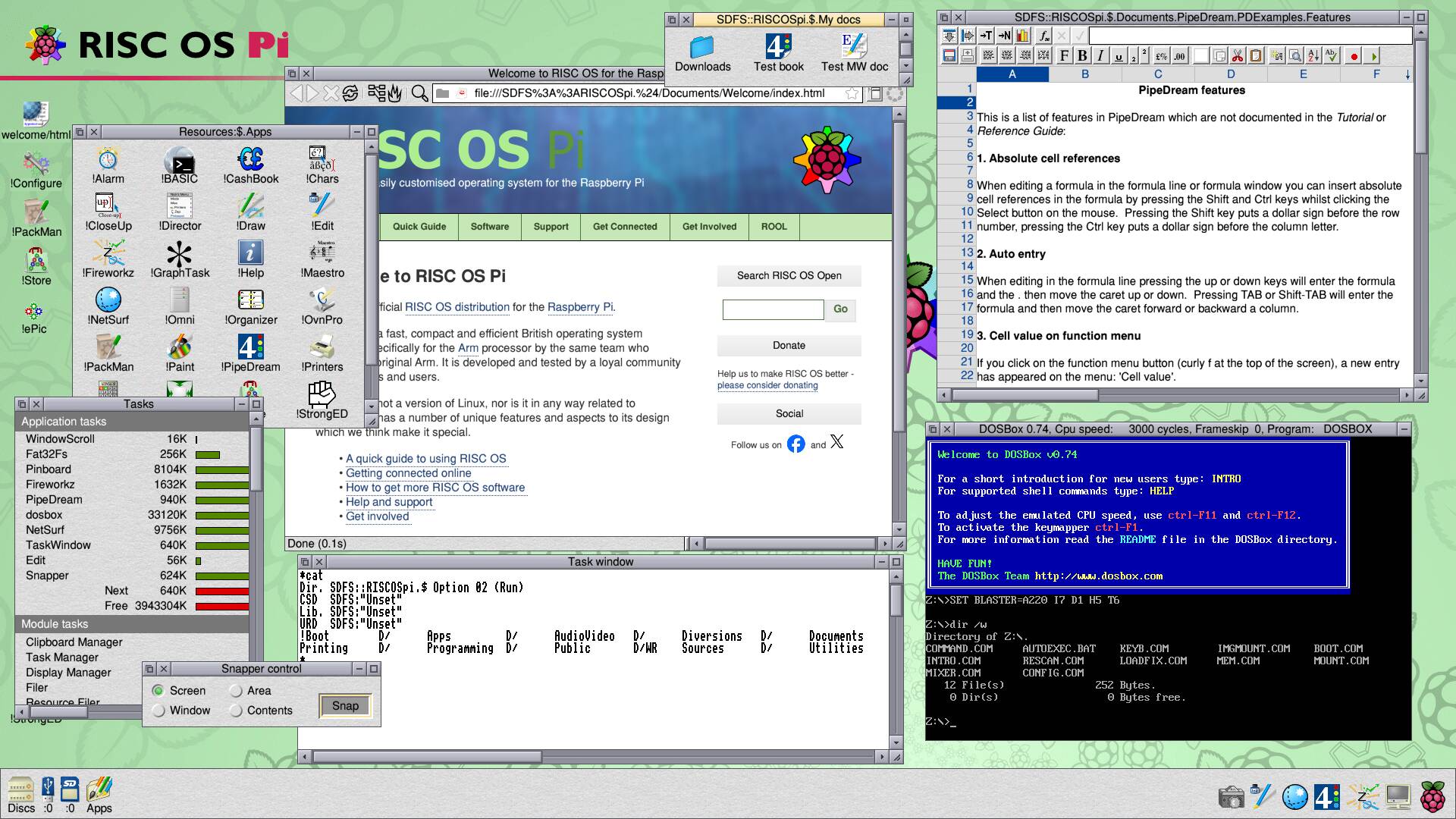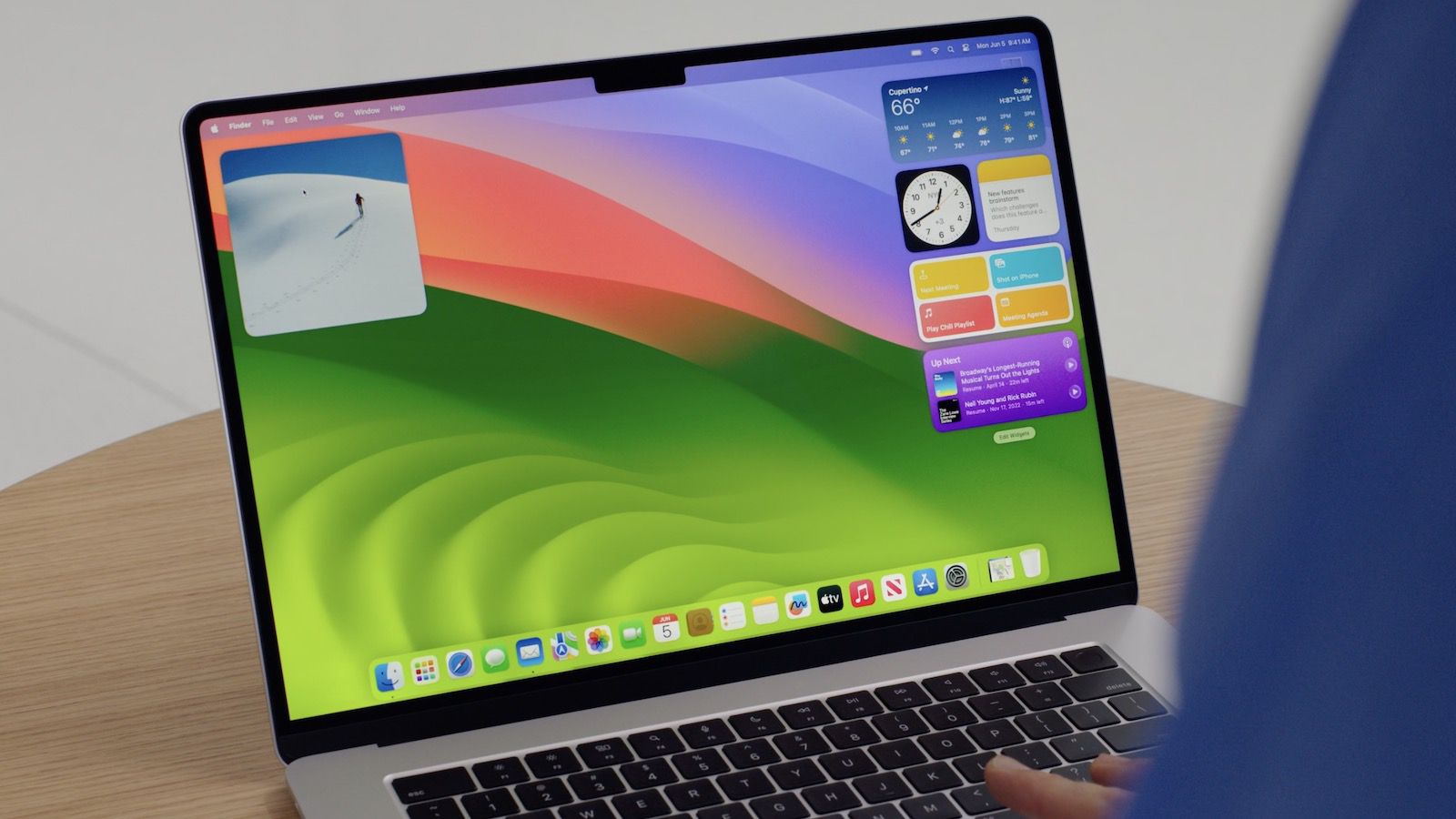
Key Takeaways:
- Emerging financial technology companies are disrupting the traditional banking system, offering digital wallets and payment gateways, and even introducing digital currencies such as Bitcoin.
- Performance of financial technology stocks is closely tied with the broader market dynamics, with a robust economy enhancing their price performance as they earn more commissions from people using their services.
- The success story of fintech companies varies, with companies such as Block and PayPal showcasing dissimilar share price performances over the years due to their unique business models and strategies.
### The Fintech Revolution
Today, technology isn’t just about helping people communicate or make their lives more comfortable. It has seeped into almost every industry, transforming how we live, work, and even handle our money. Indeed, the financial sector is witnessing a significant overhaul, with startups and established tech companies leveraging digital technologies to render services that were once the preserve of traditional banks.
The world of finance is ever-evolving, significantly disrupted by the advent of computing and global interconnectivity. Transferring funds around the globe has arguably never been easier, requiring just a few minutes or days, depending on jurisdictions. Additionally, the convenience brought about by online and internet banking has rendered the physical visit to the bank a thing of the past.
### New Players on the Block
Clearly, today’s banking is a stark contrast of what it was a few years ago. Traditional banks aren’t the only financial institutions regular consumers and businesses can rely on to manage their money. Firms that operate within the blossoming financial technology industry are steadily gaining a fair share of the market. Their offerings range from digital wallets, such as PayPal Holdings, Inc. (NASDAQ:PYPL), to payment gateways like Visa Inc. (NYSE:V). The surge in internet usage globally has even opened doors to a distinct set of digital currencies, with Bitcoin gaining popularity.
Similarly to other stocks, fintech stocks’ performance is tied closely to the broader market’s dynamics. Stable economies are ideal for these types of stocks as they prompt robust price performances. Companies like PayPal and Block, Inc. (NYSE:SQ) benefit from a robust economy as it means more people utilize their services. Thus, firms earn higher commissions, instilling more confidence in investors to wager on their shares for future growth.
### Case in Point: Block & PayPal’s Performance
Illustrating this link between broad market trends and fintech performance are the share price performances of Block and PayPal over 2022 and the last 12 months. As we look back, the biggest driver of Block’s share price came in October 2023 following the release of its third-quarter earnings result for the same year. The results revealed that the company’s premier product, CashApp, had doubled its monthly active users since June, hitting two million. The report also disclosed an all-time record in payment volumes that had catapulted to a whopping $113 million. As expected, the shares escalated by 11% immediately after the results.
As we cast our minds back to 2022, we note the sharp 61% decline in Block’s shares during that year. It was a tumultuous time, with the stock market turmoil convincing many that a recession was looming. High-growth and tech stocks, including the likes of Apple Inc. (NASDAQ:AAPL) and Tesla, Inc. (NASDAQ:TSLA), had seen double-digit losses in terms of value as inflation soared and interest rates rose rapidly. For Block, the downward trend began at the close of December 2021 when it rebranded and ventured into crypto, coincidentally when Bitcoin’s share price crashed.
While Block has had a good run over the past 12 months, PayPal’s share price performance paints a different picture. Despite falling inflation, rising wages, and the emerging artificial intelligence fueling investor and consumer confidence in the economy and the stock market, the firm is struggling. Investors are eager to see PayPal capture lucrative segments of the transaction processing market and grow, such as in cross border payments. However, revenue growth is relatively subdued despite the potential AI offers the payments service and digital wallet provider to refine its operations and minimize fraud. Like Block, PayPal’s shares also plummeted 62% in 2022, with Q4 2021 earnings triggering a slump after management’s decision to focus on revenue per user rather than user growth.
### A Spotlight on the Future
Despite PayPal’s shaky present, brighter days could be in the horizon. Wedgewood Partners, in its investor letter for 2023’s Q4, noted that PayPal might have more room for growth. The firm grew its total payment volume in its recent quarter by 15%, driving solid earnings per share growth at 20% and revenue growth. PayPal could leverage this growth and the chance to expand its revenue and earnings throughout the vast, multi-trillion-dollar payments addressable market.
These revelations give a fascinating insight into some of the fastest-growing fintech companies. Some notable mentions include Riot Platforms, Inc. (NASDAQ:RIOT), Marathon Digital Holdings, Inc. (NASDAQ:MARA), and Lemonade, Inc. (NYSE:LMND).






/cdn.vox-cdn.com/uploads/chorus_asset/file/25429570/Rabbit_R1_top.JPG)
